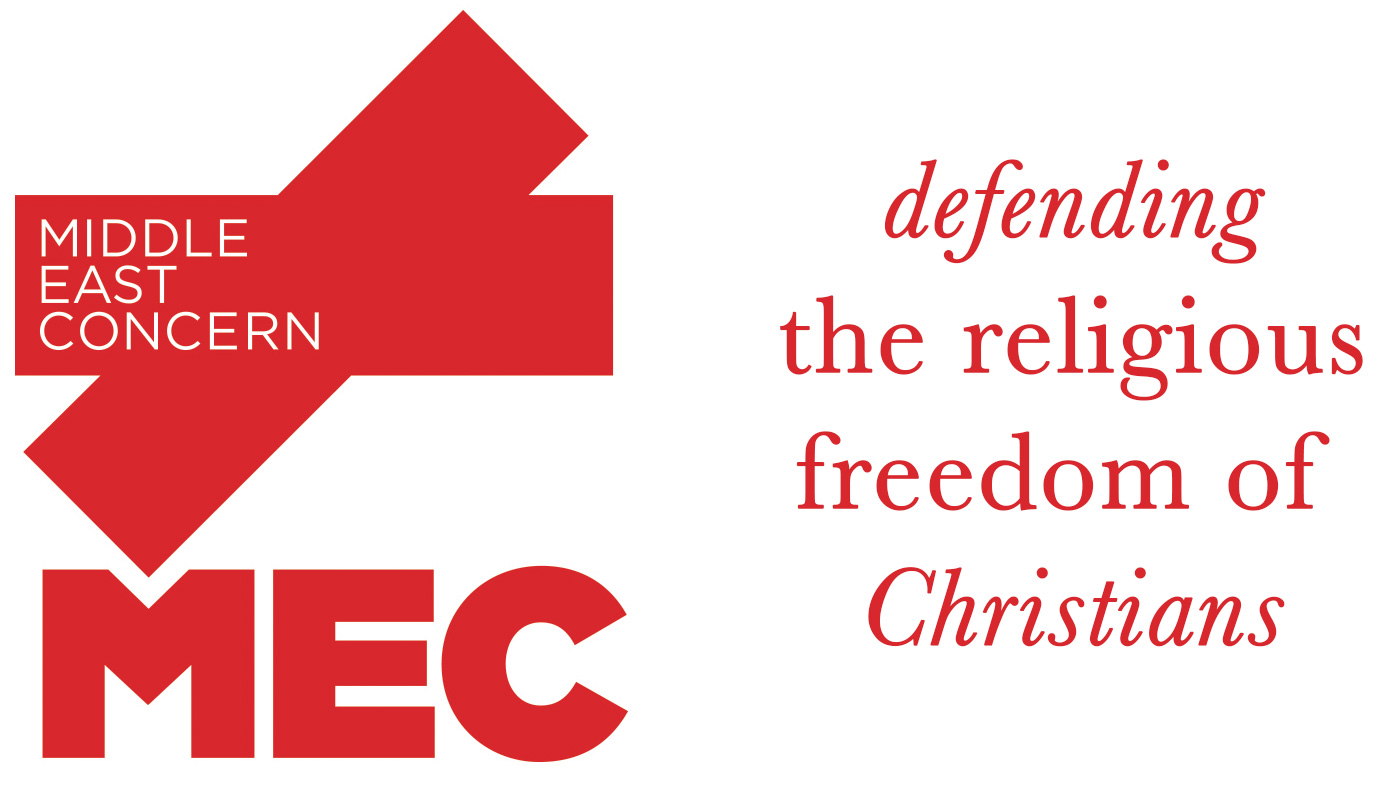
The population of Yemen is estimated at around 28.5 million. More than 99% of the population is Muslim, approximately 65% Sunni and 35% Shi’a. Yemen’s very small Christian communities consist largely of migrants and other expatriates, including Ethiopian Orthodox, Roman Catholic, Anglican and Protestant groups. Expatriate communities have dwindled in recent years due to ongoing violent conflict, a general lack of security and the devastating humanitarian crisis currently gripping the country. There are Anglican and Catholic places of worship in Aden; in other areas and within other traditions worship takes place informally within private residences.
The rule of law is weak in Yemen, with some variations in practice according to tribal traditions and differing interpretations of Islamic law. Yemen’s constitution of 1994 establishes Islam as the state religion and Islamic law as the sole source of all legislation. The constitution upholds the principle of non-discrimination, protects freedom of thought and expression of opinion, and establishes the inviolability of places of worship, all within the limits of the law. Blasphemy, defamation of religions and non-Islamic proselytising are prohibited. Apostasy is a criminal offence, punishable by death for apostates who refuse to recant. Islamic personal status laws apply, including a prohibition on marriage between a Muslim and an apostate and between a Muslim woman and a non-Muslim man. Expatriates are generally free to conduct non-Islamic worship in private, but there is no formal registration process for non-Islamic religious groups and the government has not authorised construction of non-Islamic places of worship for many years.
Yemen acceded to the International Covenant on Civil and Political Rights (ICCPR) on 9th February 1987. The ICCPR upholds the right to freedom of religion, including the right to hold a religion of one’s choice and the right to manifest that religion (Article 18). It also upholds the rights of minorities and the principle of non-discrimination. Yemen’s accession to the ICCPR was made without any reservation limiting its commitment to religious freedom.
The ongoing conflict, political instability and humanitarian crisis profoundly affects all in Yemen. Additional pressures faced by Christians come principally from non-state actors, given the weak application of the rule of law in many parts of the country. Those who choose to leave Islam are likely to face strong family and societal pressure, which in extreme cases can include violent responses from family members. While apostates face the possible death penalty under the Criminal Code, there have been no known examples of judicial executions for apostasy in recent years. However, there are occasional verified reports of extra-judicial murders for apostasy by community or extremist groups. The threat from Islamic extremists is significant in parts of Yemen where groups such as al-Qaeda (AQAP) and Daesh (so-called ‘Islamic State’) are strong, especially for nationals who have left Islam.
